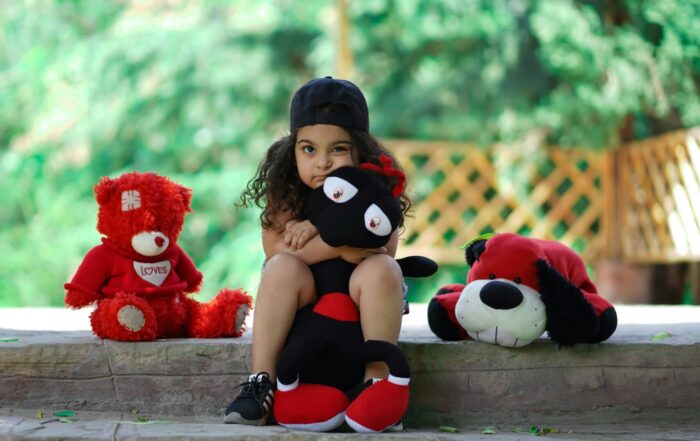
By Kaytee Gillis, LCSW-BACS
As a therapist who works with survivors of childhood trauma, I find that self-blame is a common part of their experience. As a survivor myself, I experience this, too. Here are some of the reasons why this happens:
1. Internalized Shame: Children are highly impressionable, and they often internalize messages from their environment, including those that blame them for the abuse or neglect they experienced. Many traumatized children grow up with the message that they are to blame, or are somehow at fault for what happened to them. This can lead to feelings of guilt, worthlessness, and self-blame, as survivors come to believe that they somehow deserved or caused the trauma.
Share This Post!
Stress & Trauma Toolkit for Treating LGBTQ in a Changing Political and Social Environment
By American Psychiatric Association Violence against the LGBTQ community has increased over recent years. In 2016, the Pulse nightclub shooting in Orlando shocked the nation—with a single gunman killing 49 people and [...]
How Organizations Can Support LGBTQ Youth Facing Trauma
By Center on Child Wellbeing & Trauma As an organization that supports children who have experienced trauma, it’s important to remember that every child’s experience is different. Those in the LGBTQ community need [...]
Trauma-Informed Care
By healthcaretoolbox.org A guide for patients and caregivers to advocate for trauma-informed care in all aspects of healthcare. Read Article [...]
After the Trauma: Helping My Child Cope
By The Center for Pediatric Traumatic Stress at Children's Hospital of Philadelphia and Nemours / Alfred I. duPont Hospital for Children A helpful toolbox to assist parents with what they can [...]
The Power of Mindfulness
By Juliann Garey Mindfulness is a meditation practice that helps you calm down. It starts with focusing on your breathing. It helps you stay in the present instead of worrying about the [...]
Adverse Childhood Experiences
By CDC ACEs are common. About 64% of adults in the United States reported they had experienced at least one type of ACE before age 18. Nearly one in six (17.3%) [...]







